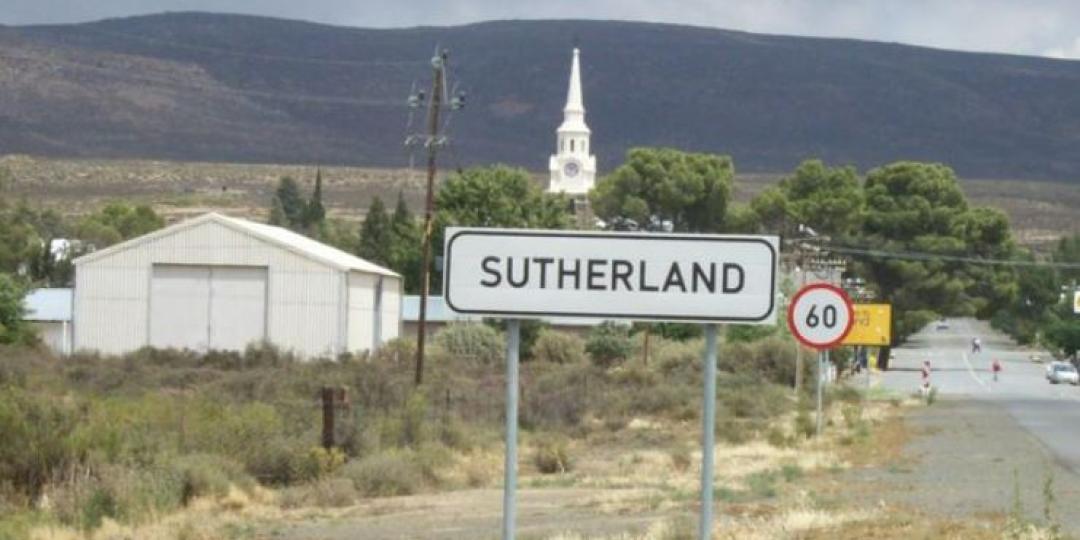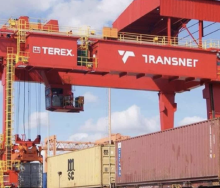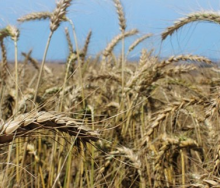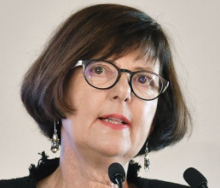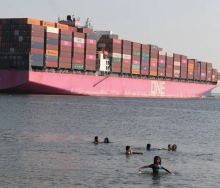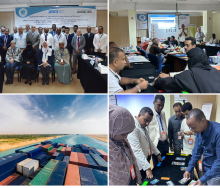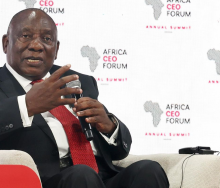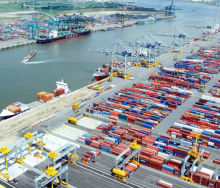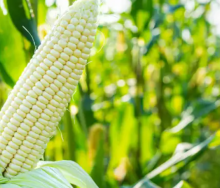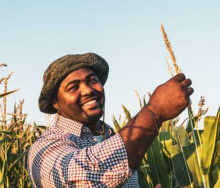Farmers in the Sutherland district in the Northern Cape, yoked by what they say is the worst drought the area has seen in 220 years, have made an urgent plea for assistance from the government.
One of the affected farmers, Derek Hanekom, said the situation was so bad that only about 60 000 to 65 000 sheep were being held in an area that had capacity for a combined flock of 400 000.
“But the rain’s not coming,” he said, as he was interviewed by a local journalist next to an empty dam.
The dam, Hanekom added, had been created about three years ago “but hasn’t seen a drop of rain.
“Some farmers,” he said, “are down to core herds – just about scraping through on baseline livestock numbers.”
Information about assistance, if any, also remains scant from the relevant Northern Cape legislature department run by Nomandla Bloem, MEC for Agriculture, Land Reform and Rural Development.
Instead of official help, drought-stricken farmers have to rely on a community organisation called Save the Sheep, an initiative started by women from the area who are raising funds through knitting clothes, some of which are exported.
But for Hentie du Plessis, whose family has been farming for about nine decades on Leeufontein outside Sutherland, a bank bailout is the only option to keep his animals from starving.
“My financial resources are depleted and I have to turn to the bank for help. There’s no grazing left and I haven’t got money to keep buying feed for my sheep.”
In the meantime the only sign from officialdom that there’s political awareness of what climate change is doing to people and their livelihoods has come from the SADC Secretariat.
This after the 23rd meeting of the Southern African Regional Climate Outlook Forum held in Luanda, Angola, from 28-30 August.
Speaking at the event, Angola’s minister for telecommunication and information technology, Dr Jose Carvalho de Rocha, said it was important that progressive responses based on clever tech resources be used to address weather events in SADC.
Unfortunately progressive responses from the powers that be in South Africa remain absent.
See FTW’s forthcoming edition (September 13), for our feature on SADC.
